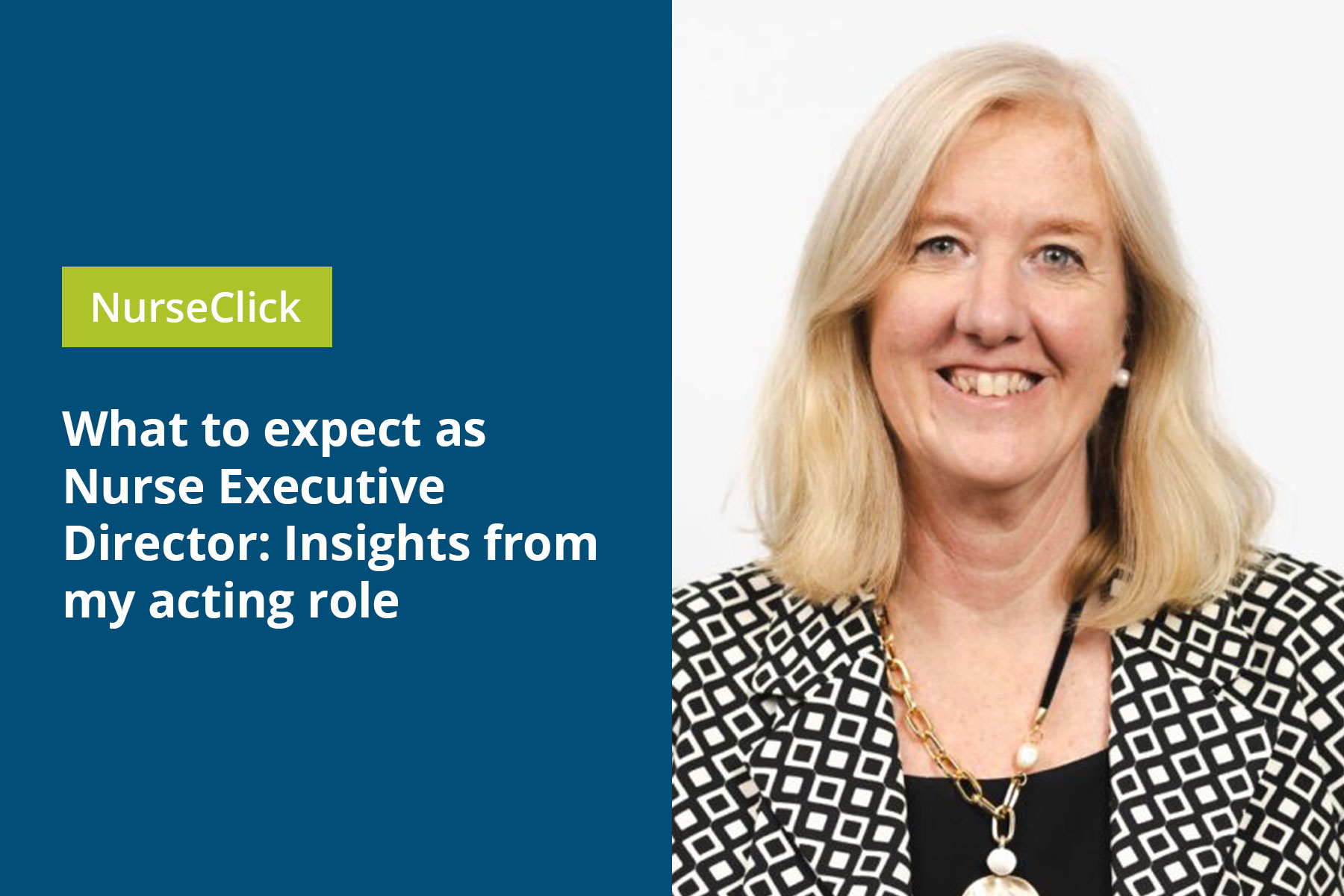Is it just me, or do other people make wild New Year’s resolutions? A couple of years ago, I brought in the year with the goal of ‘being the best version of myself’. Granted, this was a bit vague, so I dug deeper: ‘push the envelope and see how far I can go’. Although still vague, I had set my sights high.
Like any good New Year’s resolution, I forgot about it until March. I was at the end of my 12-month performance appraisal when my manager said, “So, what is your goal for the next 12 months?”. Unprepared, my mind snapped back to my resolution, and I responded with, “I want to push myself as far as I can.” She looked surprised and pleased, and said, “Does that include acting in higher duties?” “Sure” leapt out of my mouth without thinking. We signed off on my appraisal, and I settled back into my day.
Two months later, I got a call. My manager explained that she was going on leave and, remembering our conversation, asked if I would like to act in her role while she was away. Shocked and stunned I remained silent and then responded with, “But you are the Executive Director.”. Not the brightest response I have ever given. She laughed politely, reassured me that I was ready for the role, and mentioned that the Executive Team was very supportive. I thought, “It is only three weeks, what could possibly go wrong?”.
My team was supportive of the opportunity and had great expectations – could I get them more staff, could I renovate the lunchroom, and even hopes of a new building? I was pleased they thought I could move mountains, though I feared they would be disappointed.
Imposter syndrome does not adequately describe the way I was feeling on the first day; sheer terror is a more accurate description. As I entered the building in my best suit, I reminded myself that my manager would not have left the Division in the hands of someone they did not have confidence in. I also remembered that my partner had said that I had four decades of healthcare experience, and I had done worse. I did not know what was worse at this moment, though it was enough to get me through the door.
I was warmly greeted by the administration team – yes, team – I had only just gotten used to having an Executive Assistant. They were brilliant and an absolute lifesaver. By noon, they had got me up to speed on the major priorities, upcoming meetings, and processes. The rest of the Executive Team was very supportive; they introduced themselves and said, “Sing out if you need anything”. An offer some of them may later regret.
The first week was challenging, though terrific. I was chairing forums, meeting stakeholders, responding to Ministerials, and signing off briefs; my confidence was growing. Then the real fun started. The second week brought industrial action, provisional improvement notices, two major critical incidents, and meetings with the Minister. Taking up the kind offers of the Executive Team members, I got through the week feeling exhausted though supported. I reflected on how, for Executive Directors, this is probably their typical week, and to top it off, they had to prepare and present at Senate Estimates. I wondered, “How do they do it? How did they stay calm under extreme pressure?”. I gained even more respect for my manager during this week.
In the third and final week, I was starting to count down the hours. I had kept the Division afloat this long, surely I could do another 120 hours. The days were a replica of the previous week peppered with some extra HR issues. I drew on every bit of my 40 years of experience and learned to really listen, take time to process a response, trust my instincts and ask for help. I am forever indebted to the team that supported me and the Division during this time.
This experience gave me an everlasting respect for Executive Directors in health care. They are often a target when things go wrong and hardly praised when things go right. They have incredible resilience to be able to tackle the ever-changing landscape of health care, be there for their team, and somehow have a life outside of work – whilst being on call.
You learn a lot when you walk in another person’s shoes; they may not have been the right fit for me, but I learned to think strategically and remain patient-focused. It felt great being part of discussions that would shape the future of nursing in health care and improve patient outcomes. Executive positions give you the opportunity to influence and turn possibilities into reality.
By day 21, I was a stronger and better version of myself and incredibly relieved to welcome my manager back. Although I was not able to get more staff and a new building for my service, I did achieve my New Year’s resolution!
On reflection, during my three-week stint as an Executive Director, I faced immense challenges and discovered firsthand the complexities of healthcare leadership. I experienced the pressure, the rapid decision-making, and the need for unwavering resilience. These challenges underscored a crucial problem: without proper training and support, stepping into leadership roles can be daunting and overwhelming.
Fortunately, with the right leadership training, you can overcome these obstacles and thrive. The Nurse Executive Leadership Program offered by the Australian College of Nursing Institute of Leadership provides comprehensive training designed to prepare you for these very challenges. The specialised program equips aspiring leaders with the tools, strategies, and confidence needed to excel in high-pressure environments. By joining, you will gain the skills to lead effectively, help improve patient outcomes, and support your team through any crisis.
Whether you are a Nursing Director, Executive Director, or an aspiring leader, don’t wait for a trial by fire to learn these vital skills. Invest in your future and transform your career with the Nurse Executive Leadership Program.
Author: Jennifer Harland MACN
Jennifer Harland has an impressive four decades of healthcare experience. Her career trajectory spans diverse domains, from clinical practice to academic pursuits, and from shaping policy to providing inspirational leadership. Her impact resonates across Government and Non-Government organisations in New South Wales, South Australia, and the Australian Capital Territory.
Jennifer’s commitment to education and training is evident through her academic achievements. She holds a Master of Science (Addiction), delving into the complexities of substance use and recovery. Her Master of Arts (Applied Ethics) reflects her deep contemplation on ethical dilemmas in health care. Jennifer has also completed Postgraduate Certificates in Intensive Care, Mental Health, Higher Education, and Emergency & Disaster Management. As Director of the Australian College of Nursing Institute of Leadership, Jennifer is supporting other nurses in their pursuit of excellence.






